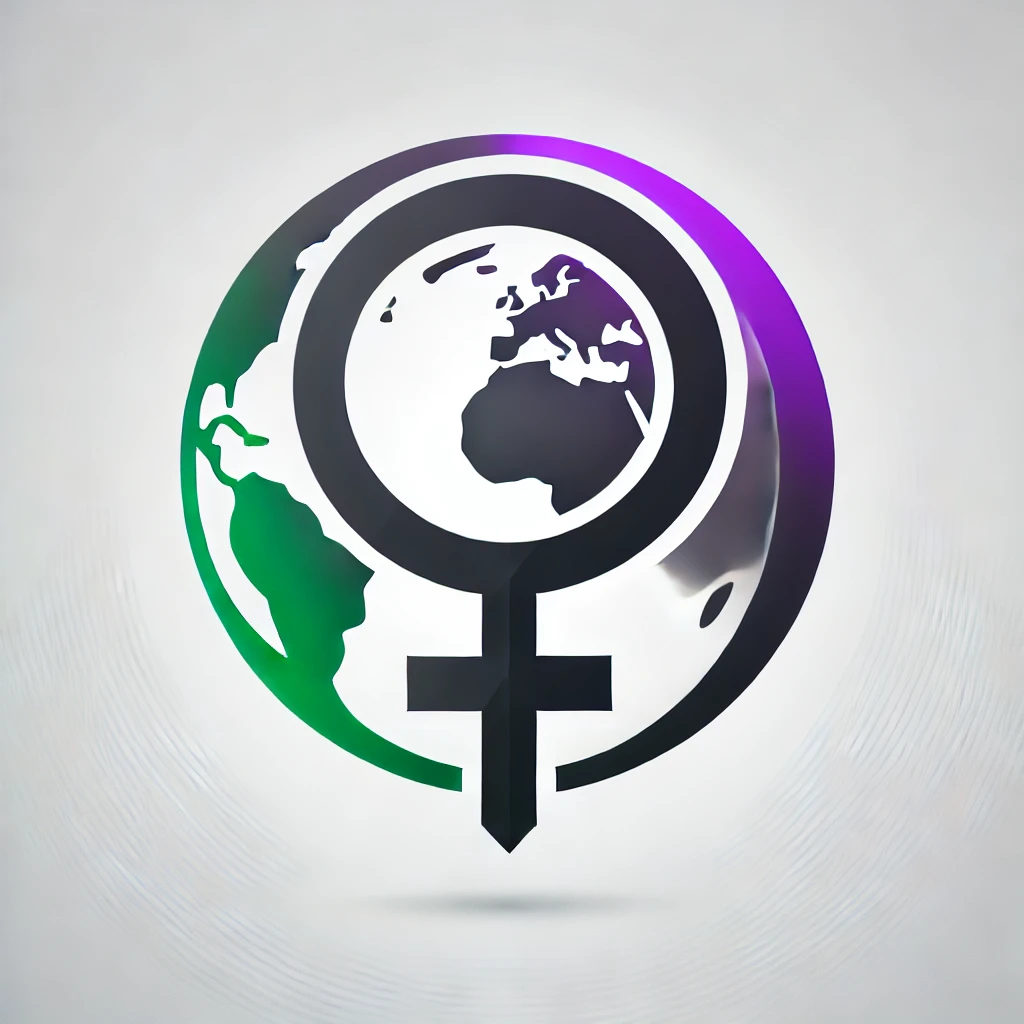
When it comes to women’s health, not all countries are created equal. Across the European Union, access to quality care, reproductive rights, mental health support, and prevention services can vary widely.
Hence this article, we take a closer look at how EU countries rank in terms of women’s health — and why certain nations are leading the way.
What Makes a Country “Healthy” for Women?
To determine the best countries, multiple factors are considered:
• Access to healthcare services
• Reproductive and maternity care
• Mental health resources
• Education and prevention programs
• Affordability and equality in access
Altogether, these indicators paint a more complete picture than general health rankings alone.
The Top Performers in 2025
According to recent findings, several EU countries stand out for their exceptional healthcare systems and support for women:
1. Sweden: A Model for Women-Centered Care
Sweden consistently ranks among the best in the world when it comes to healthcare access, equality, and public health outcomes. In terms of women’s health, it offers:
• Full access to reproductive care
• Low maternal mortality rates
• Comprehensive national screening programs
• Mental health care tailored to women’s needs
In addition Gender equity is built into the healthcare system, and as a result Sweden has one of the most generous parental leave policies in the world.
2. Denmark: Early Detection and Prevention
Denmark shines when it comes to preventative care. Women in Denmark benefit from:
• Free cervical and breast cancer screenings
• Comprehensive sexual education
• Early intervention mental health services
Moreover, there is also a strong cultural emphasis on open discussion of women’s health — from menopause to fertility — which reduces stigma and improves outcomes.
3. The Netherlands: Access and Autonomy
Dutch healthcare is known for blending efficiency with personal freedom. For women, this means:
• Access to midwifery-led births and home birth options
• Legal and accessible abortion care
• Robust contraception support
• Strong mental health services for postpartum care
Interestingly, Netherlands also ranks high in patient satisfaction, especially among women under 40.
4. France: Strong Maternity Care System
France offers one of the most supportive maternity care systems in the EU, including:
• Fully covered prenatal care
• Generous postnatal follow-up visits
• Birth centers alongside hospitals for a range of birth choices
• Long-standing public health campaigns supporting breast cancer awareness
However, while access in rural areas can still vary, overall France remains a leader in maternal and reproductive health.
5. Finland: Mental Health and Social Support
Finland prioritizes both physical and emotional well-being in its healthcare policies. Women in Finland benefit from:
• Early mental health screening starting in adolescence
• Easy access to counseling and crisis services
• Supportive structures for survivors of domestic violence
• Free birth control for young women in many regions
Notably, Finland also continues to experiment with new models of care that put women at the center of family and community wellness.
How Did Other Countries Rank?
According to WHO’s 2025 European Health Report, countries like Sweden and Denmark continue to outperform others in maternal care, preventative screenings, and mental health support — all essential pillars of women’s overall well-being.
Meanwhile, Other EU countries like Germany, Belgium, and Spain are making significant progress, especially in digital health access and reproductive care. However, gaps remain — particularly for immigrant women, rural populations, and low-income communities across the bloc.
Women’s health is a powerful lens through which to measure a country’s overall well-being. Without a doubt, these leading EU countries are showing what’s possible when care is not just available, but equitable and personalized.
As awareness grows, and more countries track women-specific health outcomes, the hope is that access to care for all women in the EU will continue to improve — from menstruation to menopause, and everything in between.
If you’re also exploring lifestyle changes to support your health, don’t miss our review of the 3 best keto meal plans for women, including user-tested insights and tips.
What Do You Think?
Have you experienced women’s healthcare in one of these countries — or somewhere else in Europe?
Share your thoughts in the comments — I’d love to hear your experience or perspective.